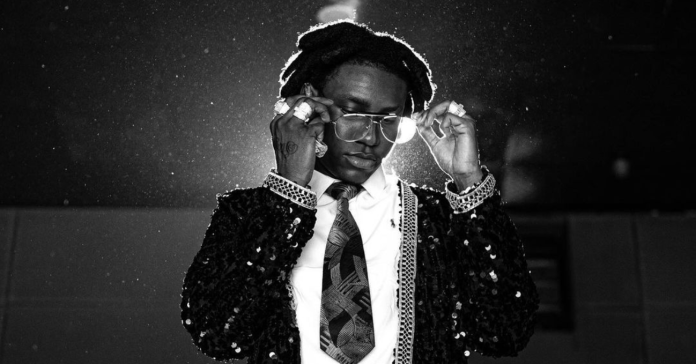
The Nigerian music industry is undoubtedly one of the fastest-growing in the world, producing global superstars and chart-topping hits that resonate far beyond the continent. Yet, behind the glitz and glamour lies a dark reality that continues to plague many artists—a cycle of exploitative contracts that rob them of their creativity, autonomy, and, in many cases, financial stability.
The recent ordeals of Seyi Vibez and Shallipopi serve as stark reminders of this grim reality. Seyi Vibez, one of the country’s rising stars, is embroiled in a bitter contractual dispute with Dapper Entertainment. His desire to break free from the label has led to a proposed out-of-court settlement that is nothing short of career-threatening. According to reports, Seyi Vibez would be required to stop releasing music for 13 months—a virtual death sentence in an industry that thrives on consistency and visibility. To compound this, he would also have to forfeit all royalties from music released under the label. This is a staggering price to pay for freedom and one that highlights how punitive these contracts can be.
Shallipopi’s case is equally distressing. The young artist, also signed to Dapper Entertainment, discovered a clause in his contract stipulating that the label would continue to earn 30% royalties from any music he produces, even after his departure. Such clauses, often buried deep within contracts, are indicative of a broader culture of exploitation that prioritizes profit over the artist’s long-term wellbeing. For Shallipopi, the financial ramifications of this clause could follow him for years, potentially stifling his ability to grow and succeed independently.
This isn’t an isolated phenomenon. Even Wizkid, one of the most successful artists to come out of Africa, had to endure similar struggles. In 2016, he parted ways with Banky W’s Empire Mates Entertainment but at a great personal cost. To gain his freedom, Wizkid forfeited royalties from all songs produced under the label—a sacrifice that speaks volumes about the lengths artists are willing to go to escape these binding agreements.
The underlying problem is multifaceted. Many young and aspiring artists are eager to secure a deal that promises fame and fortune. In their desperation to break into the industry, they often sign contracts without fully understanding their terms or seeking legal counsel. These agreements, typically drafted by the label’s lawyers, are riddled with clauses that disproportionately benefit the label, leaving the artist with little to no bargaining power.
Moreover, there is a pervasive lack of regulation in the Nigerian music industry. While other entertainment industries globally have established unions and regulatory bodies to protect artists’ rights, the Nigerian music sector remains largely unregulated, allowing exploitative practices to persist unchecked.
To address these challenges, there must be a concerted effort from all industry stakeholders. Artists need to be better informed about their rights and the implications of the contracts they sign. This includes seeking legal and financial counsel before entering any agreement. Education is critical—artists must understand that a poorly negotiated deal can have long-term repercussions that far outweigh the initial benefits.
Record labels also have a role to play. While it is understandable that they need to recoup investments and generate profits, this should not come at the expense of fairness and equity. Labels must adopt ethical practices and foster transparent relationships with their artists. In doing so, they contribute to an ecosystem where creativity and profitability coexist.
Additionally, the government and industry leaders should work toward creating a regulatory framework that protects artists from exploitation. Establishing unions, implementing standard contracts, and providing mediation avenues for disputes could go a long way in leveling the playing field.
The Nigerian music industry is at a crossroads. As it continues to gain global recognition, it must also reckon with the practices that threaten its sustainability. Exploitation of artists cannot be the cost of doing business. If the industry truly values its talent, it must take decisive action to protect them.
The question remains: how many more Seyi Vibezes and Shallipopis must sacrifice their careers before the industry wakes up to the need for accountability and reform? Only time will tell, but the clock is ticking.
Moreover, there is a pervasive lack of regulation in the Nigerian music industry. While other entertainment industries globally have established unions and regulatory bodies to protect artists’ rights, the Nigerian music sector remains largely unregulated, allowing exploitative practices to persist unchecked.




